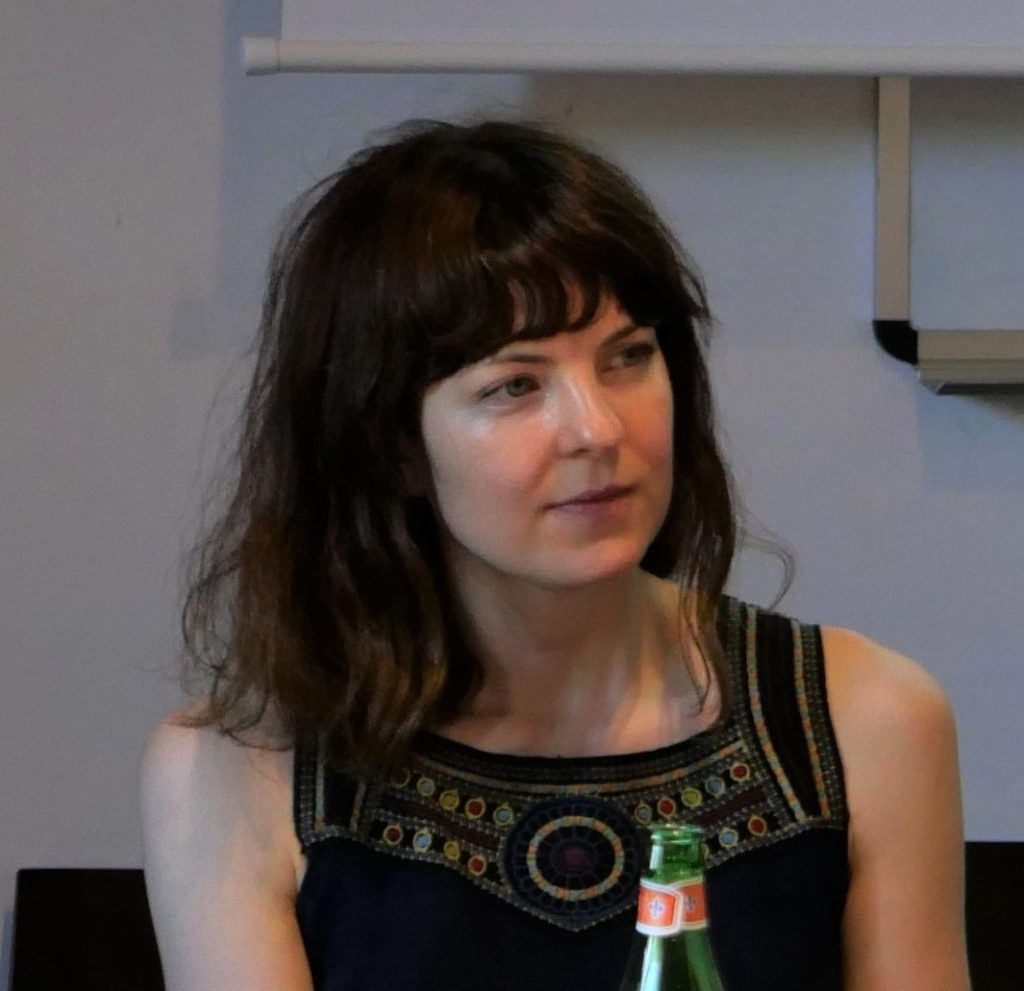Vivian Gerrand’s key research interests are the role of belonging in radicalisation trajectories and the question of what supports resilience to violent extremism and polarisation. Since the award of her PhD on Somali belonging, she has developed a track record of working in the area of radicalisation and resilience to violent extremism. In 2016-17, she worked with Prof Michele Grossman on an Australian / Canadian study of youth resilience to violent extremism and on an Australian study that interviewed the families of young people who joined or attempted to become involved in violent conflict.
In 2017-18, as a Max Weber Fellow at the European University Institute, Gerrand undertook a pilot study of the role of image-making in the prevention of violent extremism. Vivian Gerrand was a Chief Investigator on the Horizon 2020 European University Institute-led Building Resilience to Violent Extremism and Polarisation (BRaVE) Project with Prof Anna Triandafyllidou, Dr Richard Mc Neil-Willson and Dr Francesca Scrinzi (2019-21). Vivian is also an Associate Investigator on the Horizon 2020 Radicalisation, Secularism and the Governance of Religion: European and Asian Perspectives (GREASE) Project.
Vivian served as Coordinator of the AVERT Research Network from 2018-21 and is a member of the AVERT Executive and Steering Committees. Vivian is currently a Postdoctoral Research Fellow at the Centre for Resilient and Inclusive Societies, Deakin University, where she also Coordinates Stream 2 – ‘Building Resilience to Social Harms including Violent Extremism’.
Vivian is currently investigating alternative narratives and radicalisation in wellness communities in response to grievances and vulnerabilities that have emerged during the COVID-19 pandemic. She is involved in three collaborative projects at the Centre for Resilient and Inclusive Societies: ‘Contact Zones: understanding recruitment processes to violent extremism in comparative domains, ‘Crisis Points’ on extremisms that emerge in crises and ‘Objects for Everyday Resilience’.

